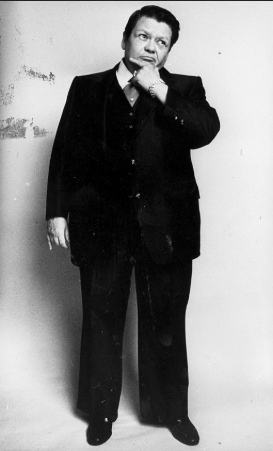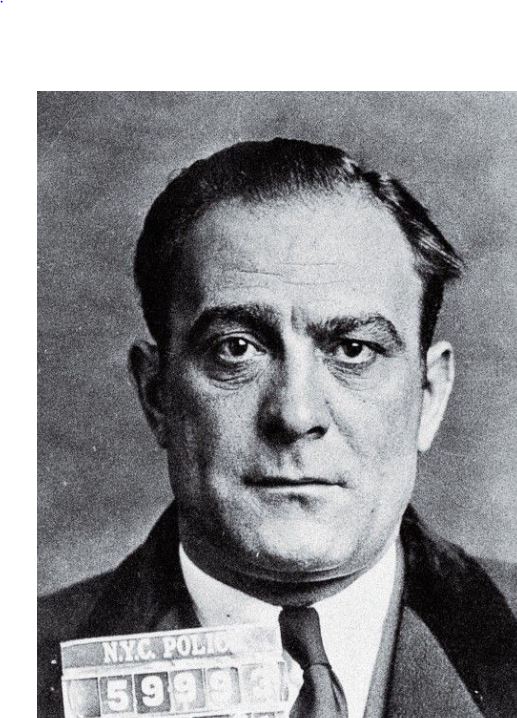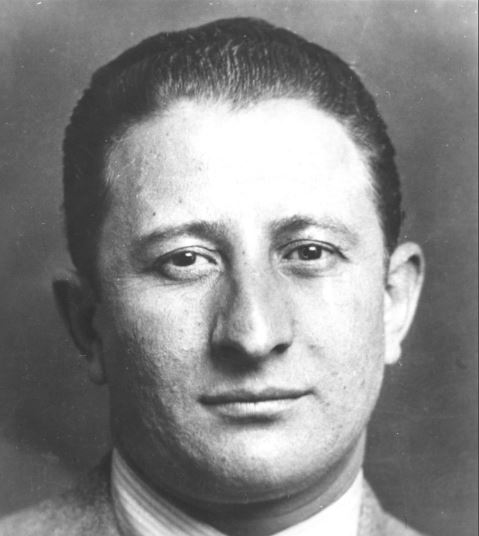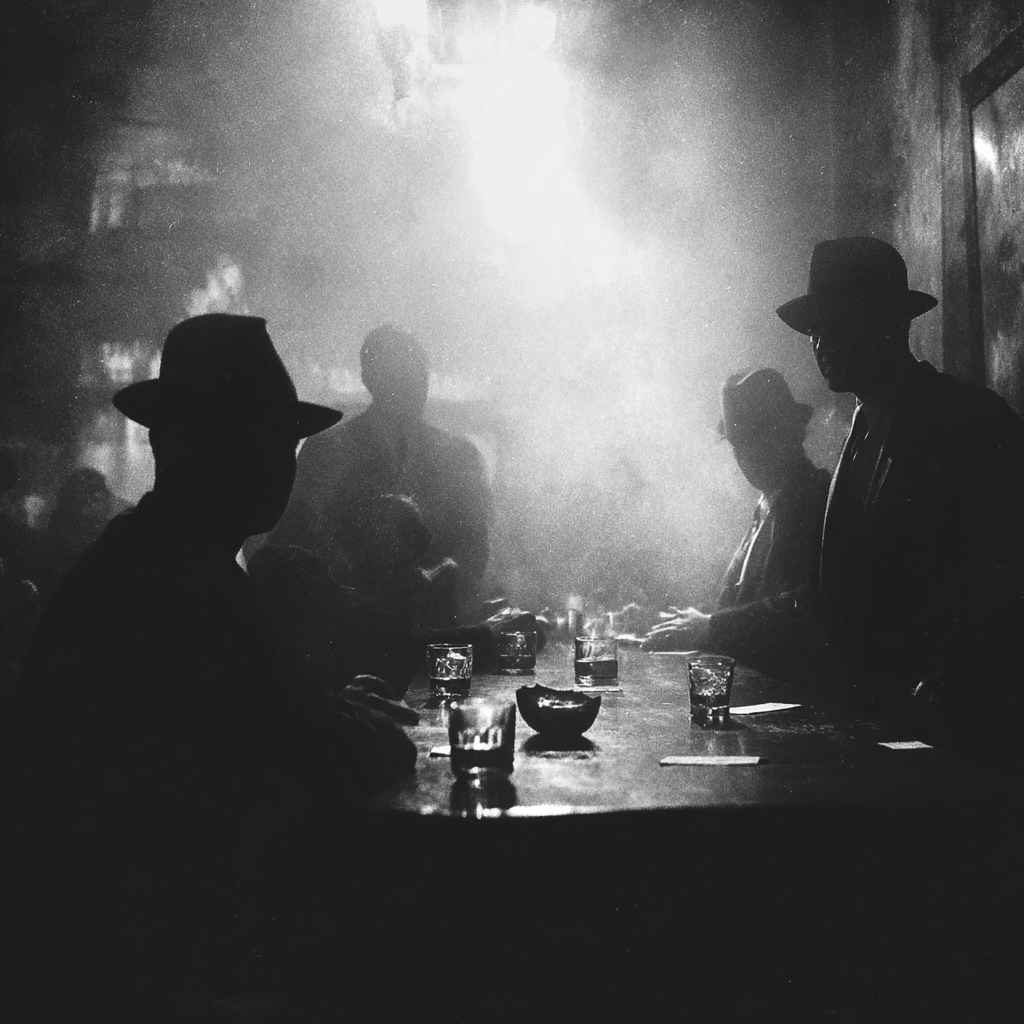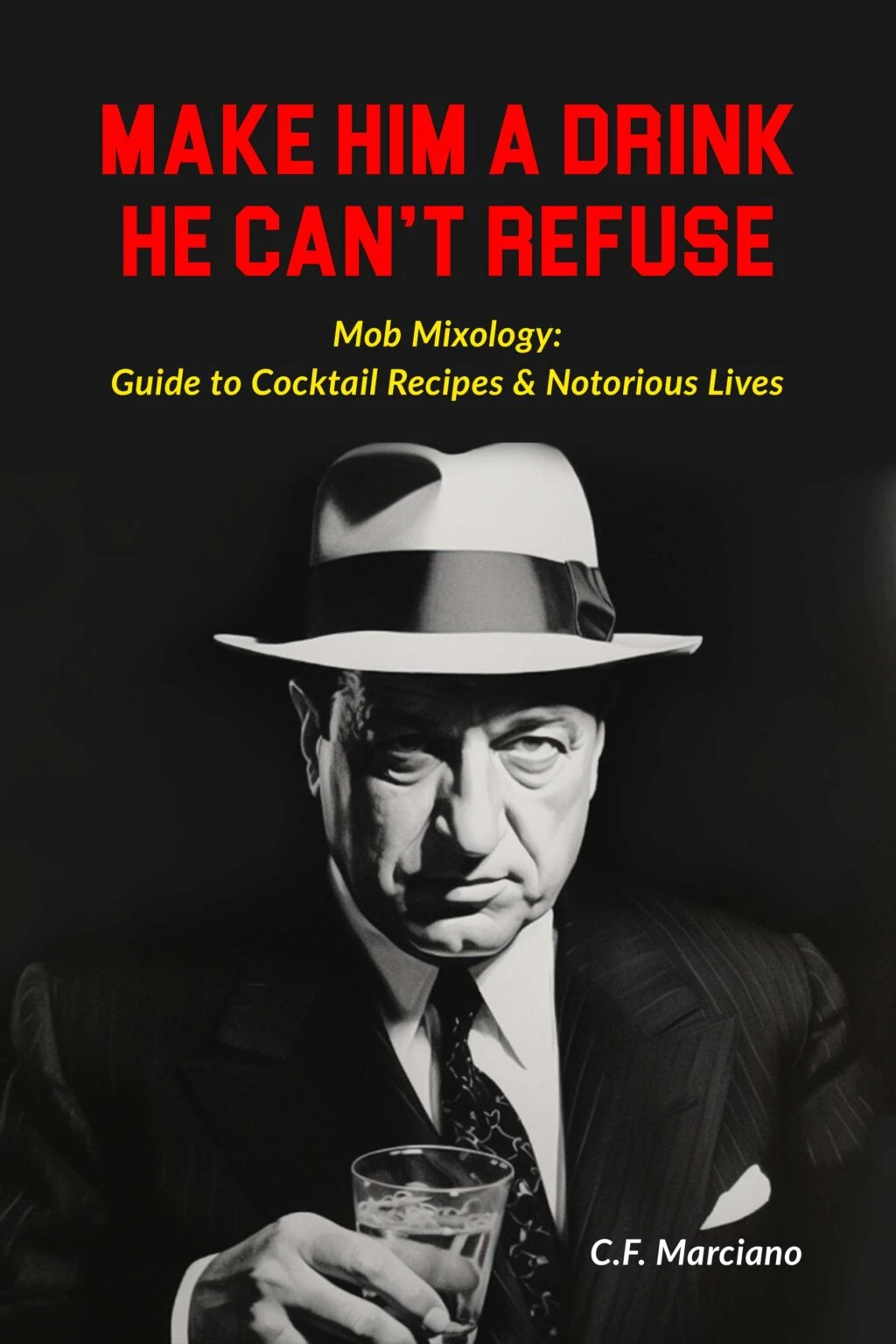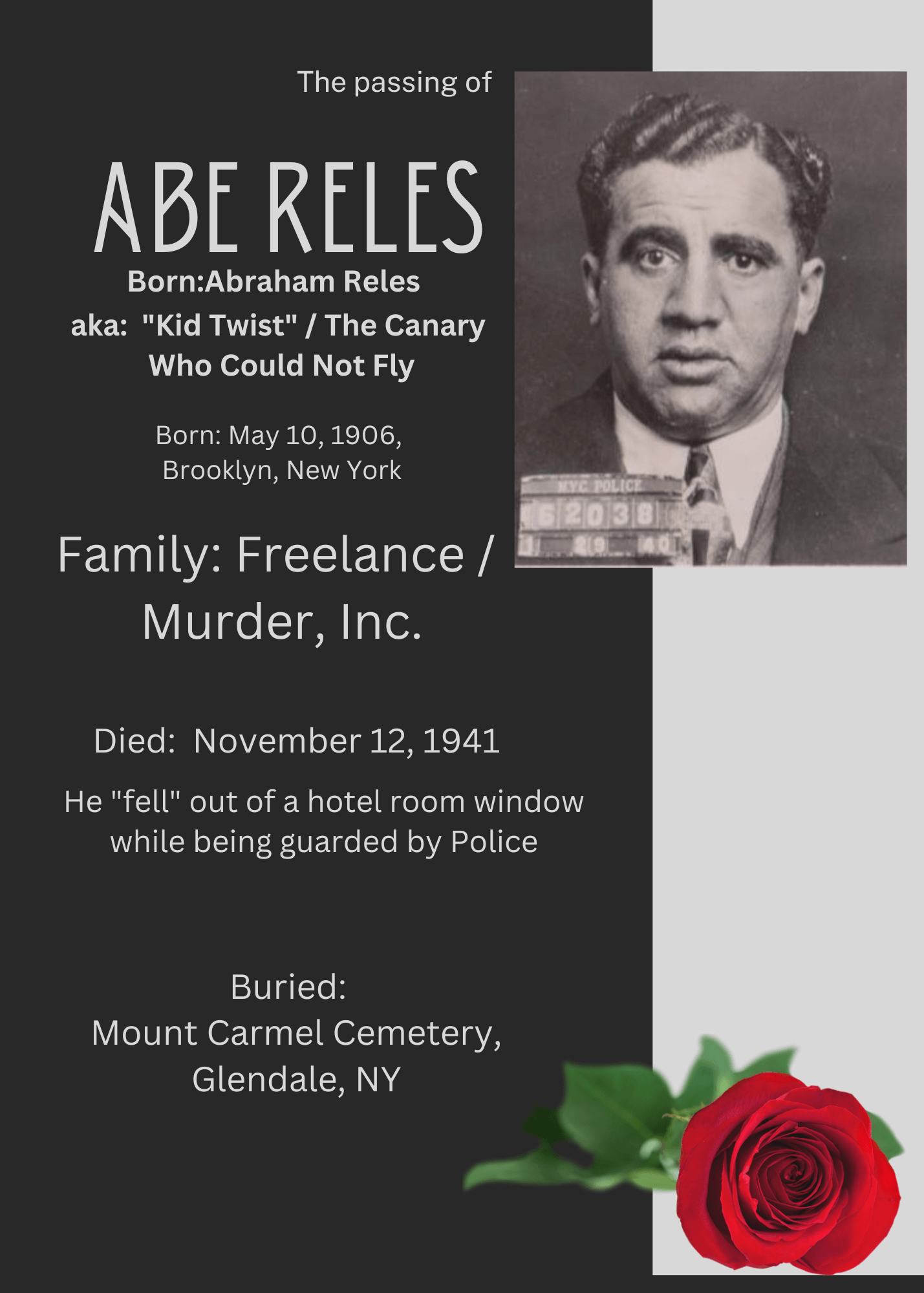Dante “Tex” Gill: Pittsburgh’s Gender-Bending Crime Boss and His Mafia Ties
The streets of Pittsburgh in the 1970s were a battleground where blood mixed with vice, and power was held by those willing to seize it. In the shadows of the steel mills and the underworld’s smoky backrooms, one name loomed large—Dante “Tex” Gill. A gangster, a pimp, a kingpin of the city’s illicit massage parlors, and a figure who defied gender norms long before society had the vocabulary for it. Tex Gill wasn’t just a criminal—he was an enigma wrapped in grit and testosterone, a transmasculine outlaw whose reign was built on flesh, money, and the protection of the mafia.
The Rise of Tex Gill: From Blacksmith to Crime Boss
Born in Pittsburgh sometime in 1930 or 1931, Tex Gill came from a working-class family. Before diving headfirst into the underworld, he spent time as a blacksmith at the Schenley Park stables, hammering metal before trading it for a far more lucrative trade—sex and sin. Pittsburgh’s red-light district was thriving in the late 1960s, and Gill saw opportunity where others saw filth. He opened massage parlors that were thinly veiled brothels, staffed by women who both feared and respected him.
But in the underworld, power is never left unchallenged. Tex was not just another player in the game—he was a force to be reckoned with. He dressed in sharp men’s suits, cropped his hair short, and demanded to be called “Mr. Gill.” He ran his empire with the iron grip of a man who knew that weakness meant death. And yet, despite his masculine presentation and the fear he commanded, law enforcement and the press deliberately misgendered him, an insult he carried like a bulletproof vest.
The Mafia’s Hand in the Flesh Trade
Pittsburgh in the 1970s was under the iron fist of the LaRocca crime family. If you wanted to run an illicit business, you paid your dues or you ended up in a river. Tex Gill was no fool—he knew the game. He carved out a lucrative empire, running high-end massage parlors like Spartacus, The Taurean, and The Airport Executive Swim and Bath Club, all while keeping the mafia close enough to do business but not close enough to own him.
Gill’s biggest competitor was George E. Lee, a man so deeply entrenched in Pittsburgh’s underground pornography and prostitution rings that he was considered untouchable—until he wasn’t. In 1977, Lee was murdered, leaving a power vacuum in the city’s sex industry. A violent turf war erupted, and Gill was right in the thick of it.
It wasn’t just about money. It was about control. In December of that year, Anthony Pugh, another player in the parlor racket, was gunned down in Scott Township. A week later, a bomb ripped through a parlor owned by Nick DeLucia, another former Lee associate. The message was clear—Pittsburgh was up for grabs, and it would be decided in blood.
Law Enforcement’s Obsession with Tex Gill
Gill was no stranger to handcuffs. The police had their eyes on him for years, but he had a knack for slipping through their fingers. He was arrested at least eight times before the feds finally built a case strong enough to stick. His rap sheet read like a crime novel—prostitution charges in the 1960s, accusations of running a cross-state sex ring in 1974, a call-girl operation in 1979. But Tex wasn’t just another pimp. He was a businessman, and a damn good one.
It was the IRS that finally brought him down. In 1982, he was caught with $87,000 in cash during a routine traffic stop. The feds smelled blood. A full-scale investigation into his finances followed, and in 1984, he was convicted of conspiracy and tax evasion. The original sentence was thirteen years, but he managed to cut it down to seven, ultimately serving only three before walking free in 1987.
Even after his release, the government came after him like a dog with a bone. In 1991, they hit him with a lawsuit for $12.1 million in back taxes. They wanted to break him, to strip him of everything he had built, but Tex Gill was made of iron. He lived his life on his terms, and he would die on them too.
The Man, The Myth, The Outlaw
Tex Gill died in 2003, his body finally giving out after decades of battles—some fought with the law, some with the mafia, and some within himself. To the world, he was a criminal, a pimp, a tax cheat. But to those who knew him, he was more than that. He was a rebel, a businessman, and an enigma who lived in defiance of every rule society set for him.
Hollywood tried to tell his story, but even in death, Tex refused to be tamed. When a biopic was announced with a cisgender actress cast in the lead role, the backlash was fierce. The project was scrapped, reworked, and eventually repurposed into a television series starring trans actors—perhaps the only tribute fitting of a man who lived his life refusing to fit into any box.
Tex Gill wasn’t just a gangster. He wasn’t just a transmasculine trailblazer. He was both, and he was neither. He was Dante “Tex” Gill—Pittsburgh’s most notorious crime boss, a man whose name still lingers in the city’s underbelly like the scent of cheap cologne and bloodstained money.
Penned by the Infamous C.F. Marciano – A Name You Don’t Forget

